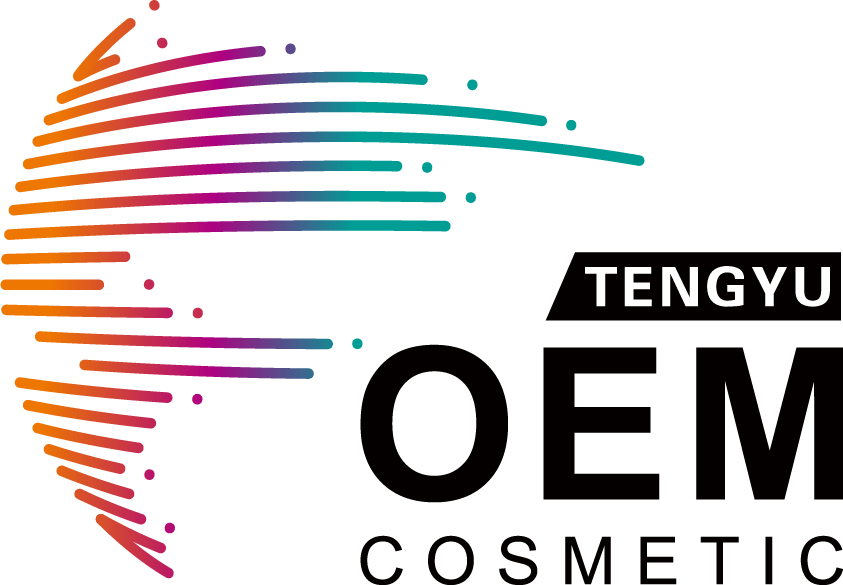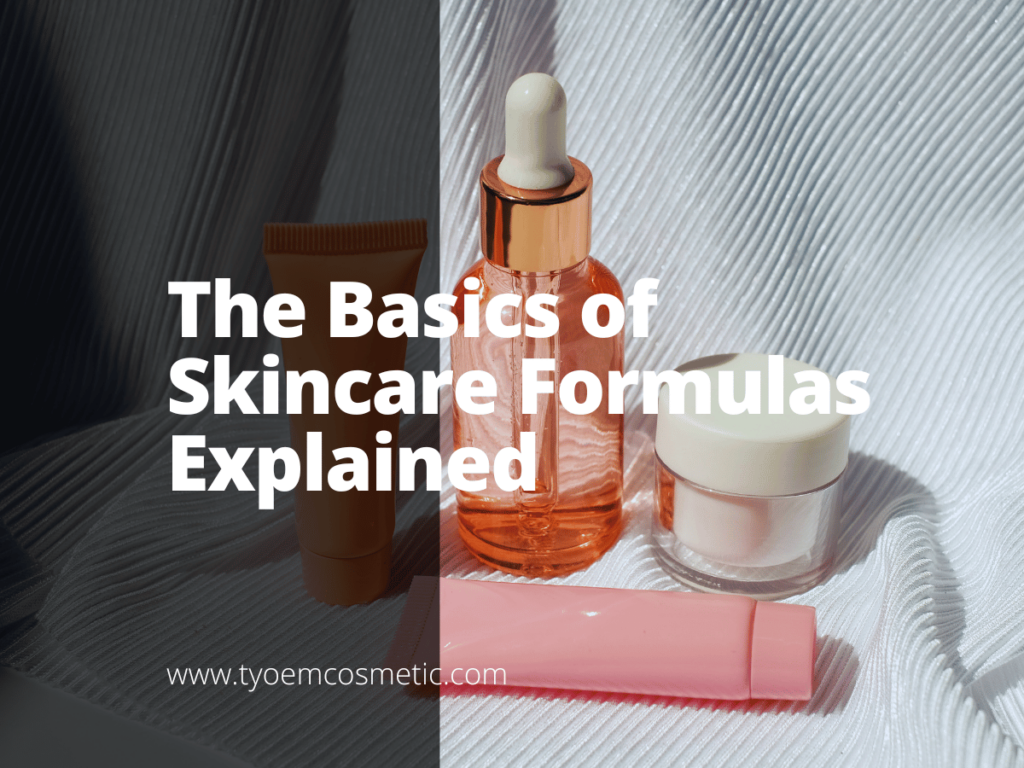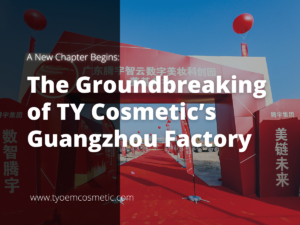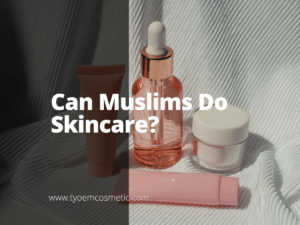Are you curious about the secret behind effective skincare products? Wonder no more!
As a seasoned expert in cosmetic formulation, I understand the nuances that make a product stand out.
In the beauty industry, the term skincare formula is essential. It combines science, innovation, and consumer needs to create effective skincare products.
This article will delve into the intricacies of skincare formulas, revealing what makes them wow.
Keep reading to unlock the mysteries of skincare formulation.
1. The Basics of Skincare Formulas
Understanding the basics of skincare formulas is crucial in the development of effective and appealing skincare products. At its core, a skincare formula is a carefully balanced mixture of various ingredients, each serving a specific purpose. These ingredients can range from active components like vitamins and antioxidants, which target specific skin concerns, to emulsifiers and preservatives that ensure the product’s stability and longevity.
According to Grand View Research, the global skin care products market size was estimated at USD 135.83 billion in 2022. This is why it is important for manufacturers to understand that a well-formulated product not only delivers on its promises but also provides a pleasant user experience, which is essential in a market that values both efficacy and sensory appeal.
2. Types of Skincare Formulas
Understanding skincare formula variations is essential for anyone involved in the skincare industry. Here are four key types, each with its unique characteristics and benefits:
Water-Based Formulas
Water-based skincare formulas are among the most popular due to their lightweight texture and ease of absorption. These formulas are typically composed of water as the primary solvent, making them suitable for a wide range of skin types, particularly oily and combination skin. Water-based formulas are not only refreshing and hydrating but also effective in addressing specific skin concerns like aging, pigmentation, and acne.

Oil-Based Formulas
Oil-based skincare formulas are revered for their rich, nourishing properties. Ideal for dry or mature skin, these formulas primarily use oils as their base, providing deep moisturization. Oils like jojoba, argan, and rosehip are commonly used, each bringing its unique blend of vitamins, fatty acids, and antioxidants. These ingredients help to strengthen the skin barrier, lock in moisture, and can even have anti-aging benefits.
At TY Cosmetic, the rich texture of oil-based formulas makes them a preferred choice in nighttime skincare routines, where they work overnight to repair and replenish the skin.
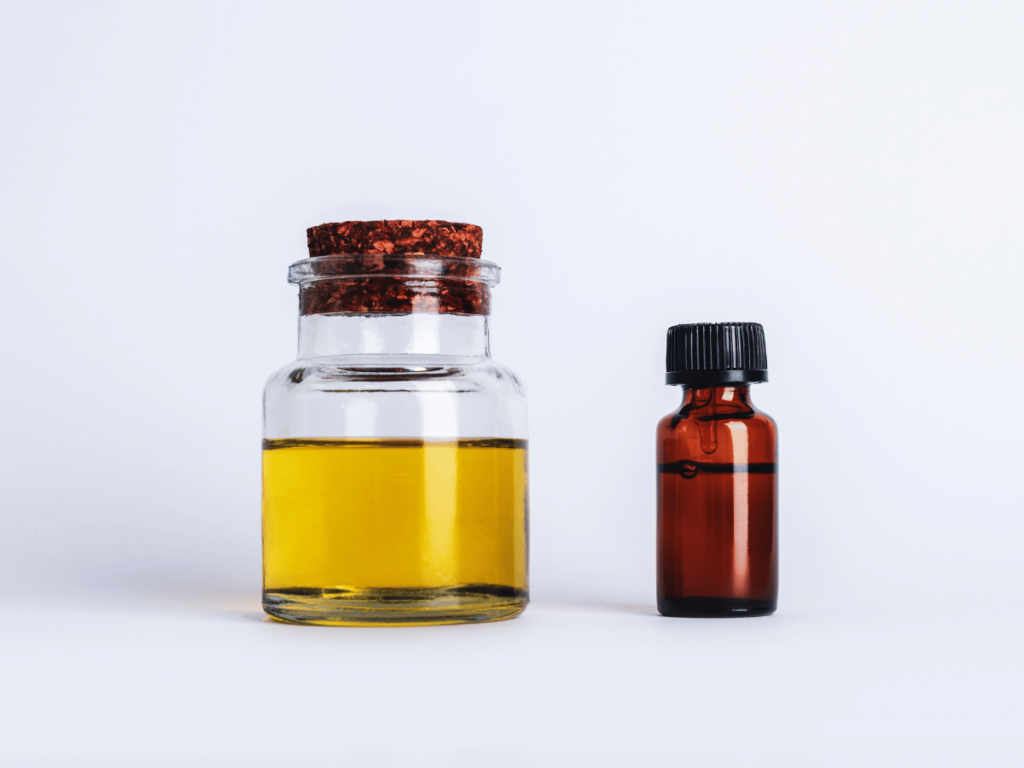
Serum Formulas
Serums are concentrated skincare formulas designed to deliver high doses of active ingredients directly to the skin. They are typically lighter than creams and lotions, allowing for easy layering in a skincare routine. Serums can target a wide array of skin issues, from aging and hydration to brightening and texture improvement.
The effectiveness of serum formulas lies in their ability to penetrate deeply into the skin, thanks to their small molecular size. This deep penetration ensures that active ingredients are delivered where they are most needed, making serums a potent tool in any skincare arsenal.

Cream and Lotion Formulas
Creams and lotions are fundamental in skincare, providing essential hydration and protection to the skin. Creams are generally thicker and more moisturizing, making them suitable for dry or mature skin types. They often contain ingredients like ceramides, shea butter, and squalane, which help to reinforce the skin’s barrier, prevent moisture loss, and nourish the skin deeply.
Lotions, on the other hand, are lighter and more fluid, ideal for normal to combination skin types. They are absorbed quickly, providing hydration without leaving a greasy residue. Lotions often contain humectants like glycerin or hyaluronic acid, which draw moisture into the skin, and emollients like jojoba oil, which soften and smooth the skin’s surface.

3. Skincare Formulas for Different Skin Types
Each different skin type requires specific ingredients and formulations to address its unique needs and concerns effectively. Below are three key formulations tailored for different skin types:
Formulas for Dry Skin
Skincare formulas for dry skin focus on deep hydration and barrier repair. These products typically contain ingredients that attract and retain moisture, such as hyaluronic acid and glycerin, known for their humectant properties. Emollients like shea butter and squalane are also crucial, as they help to replenish the skin’s natural oils, providing lasting hydration and softness.
Formulas for Oily Skin
Hydration is still important for oily skin, and lightweight, non-comedogenic hydrators like hyaluronic acid are ideal. They provide necessary moisture without adding greasiness or clogging pores. Gel-based and water-based formulas are preferred for oily skin due to their light texture and quick absorption. These products keep the skin hydrated and fresh without contributing to excess oiliness.
Formulas for Sensitive Skin
Skincare formulas for sensitive skin are all about soothing and protecting the skin barrier. These products avoid harsh chemicals, fragrances, and dyes, which can trigger irritation and allergic reactions. Ingredients like aloe vera, chamomile, and calendula are often used for their calming properties, providing relief to irritated skin.
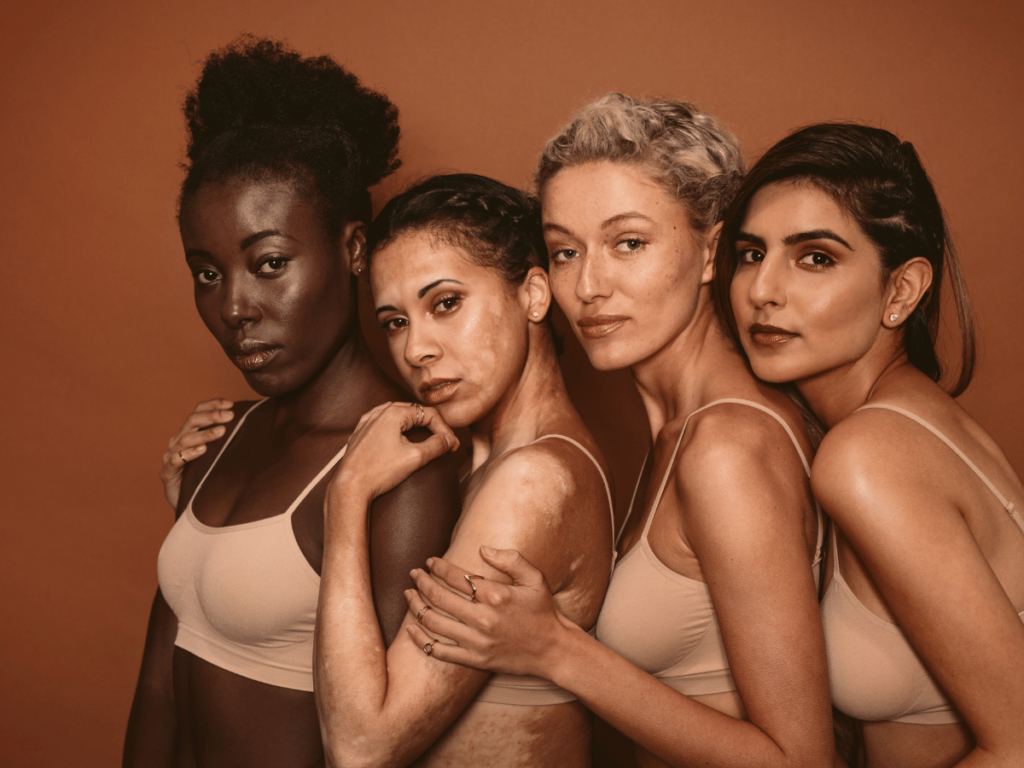
4. Trends in Skincare Formulas
Skincare trends highlight the industry’s shift towards more innovative and personalized skincare solutions. Here are four significant trends in skincare formulas:
Natural and Organic Ingredients
The trend towards natural and organic ingredients in skincare formulas is driven by growing consumer awareness of health and sustainability. These products emphasize ingredients sourced from nature, such as plant extracts, essential oils, and minerals. They often avoid synthetic chemicals, parabens, and artificial fragrances, appealing to those seeking a more holistic approach to skincare.

Personalized Skincare
Personalized skincare is rapidly gaining popularity, catering to the individual’s unique skin needs and preferences. Advances in technology and data analysis allow customized product formulations, whether it’s addressing specific skin concerns like acne or aging or matching skin tone for color cosmetics. Personalized skincare represents a significant shift towards more bespoke beauty experiences.

Advanced Biotechnology
Biotechnology is revolutionizing skincare formulas by introducing ingredients developed through scientific advancements. This includes bio-engineered ingredients, such as peptides and growth factors, which are designed to mimic natural skin processes. These high-tech ingredients are highly effective, offering targeted solutions for various skin concerns.
Moreover, biotechnology enables the creation of more stable and potent formulations, ensuring that active ingredients maintain their efficacy.

Multi-Functional Products
Multi-functional skincare products are becoming more popular, driven by consumers seeking efficiency and simplicity in their routines. These products combine multiple benefits, such as a moisturizer with sun protection or a serum with anti-aging properties. This not only saves time but also reduces the number of products needed in a skincare regimen.

5. Natural vs. Synthetic Ingredients in Skincare
Here are four key aspects comparing natural and synthetic ingredients in skincare. Each aspect highlights the unique benefits and considerations of using either natural or synthetic components in skincare formulations:
Efficacy and Potency
- Natural Ingredients: Natural ingredients, sourced from plants, minerals, and other natural sources, are celebrated for their compatibility with the skin. They include components like tea tree oil and aloe vera, known for their soothing and healing properties. The efficacy of natural ingredients is often attributed to their gentle action and synergy with the skin’s natural processes.
- Synthetic Ingredients: Synthetic ingredients, developed in labs, are designed for targeted action and uniform potency. They include highly effective components like retinol and hyaluronic acid, which are specifically formulated to address issues like aging and hydration.
Safety and Sensitivity
- Natural Ingredients: Natural ingredients are often favored for their perceived safety and lower risk of skin irritation. Being free from harsh chemicals and artificial additives, they are a popular choice for those with sensitive skin. The gentle nature of natural ingredients is a key factor in their widespread appeal.
- Synthetic Ingredients: Synthetic ingredients are often more refined and purified, which helps in minimizing the risk of contaminants. Many synthetic ingredients are specifically formulated to be gentle on the skin, making them suitable for a variety of skin types.
Environmental Impact
- Natural Ingredients: Natural ingredients are aligned with eco-friendly and sustainable practices in skincare. This approach includes sustainable sourcing of ingredients and eco-friendly packaging, appealing to environmentally conscious consumers.
- Synthetic Ingredients: Synthetic ingredients offer the advantage of being produced in controlled environments, which can reduce the strain on natural resources. Their production processes vary in terms of environmental impact, with many manufacturers focusing on more sustainable and responsible production methods.
Here’s a table that outlines the role of synthetic ingredients in cosmetics and their environmental impact:
| Aspect | Description | Environmental Consideration |
| Controlled Environment Production | Synthetic ingredients are created in controlled lab environments. | Reduces reliance on natural resources and potential environmental strain. |
| Variability in Production Processes | Different methods and materials used in the production of synthetic ingredients. | Environmental impact varies; more sustainable methods are increasingly sought after. |
| Sustainable Manufacturing | Many manufacturers are adopting more eco-friendly production methods. | Focuses on reducing the environmental footprint of synthetic ingredient production. |
| Responsibly Produced Synthetics | Efforts to create synthetics that are environmentally responsible. | Aims to balance product effectiveness with environmental sustainability. |
Innovation and Trends
- Natural Ingredients: The trend towards natural ingredients in skincare reflects a growing demand for cleaner and more transparent beauty products. This has led to innovative uses of natural ingredients, combining them with modern formulation techniques for effective results.
- Synthetic Ingredients: Synthetic ingredients represent the cutting edge of skincare innovation. Advances in biotechnology have led to the creation of novel ingredients that offer new solutions to skincare challenges, showcasing the dynamic and evolving nature of skincare science.
6. Safety and Regulation in Skincare Formulation
These sections highlight the importance of adhering to industry standards and practices to ensure the safety and efficacy of skincare products. Here are essential aspects of safety and regulation in skincare formulation:
- Global Standards: The skincare industry is regulated by various international standards, which vary from region to region. In the European Union, for instance, the EU Cosmetics Regulation oversees product safety, ingredient compliance, and labeling. Adhering to these global standards is crucial for brands aiming to establish a worldwide presence.
- Testing and Approval: The safety of skincare ingredients is paramount. Ingredients must undergo rigorous testing, including dermatological tests for skin compatibility and allergy potential. Newly developed synthetic ingredients often go through extensive research and trials to ensure they are safe for consumer use.
- Ingredient Disclosure: Accurate labeling is a critical aspect of skincare regulation. It involves clearly listing all ingredients, concentration levels, and potential allergens. This transparency allows consumers to make informed choices, especially those with specific skin sensitivities or preferences.
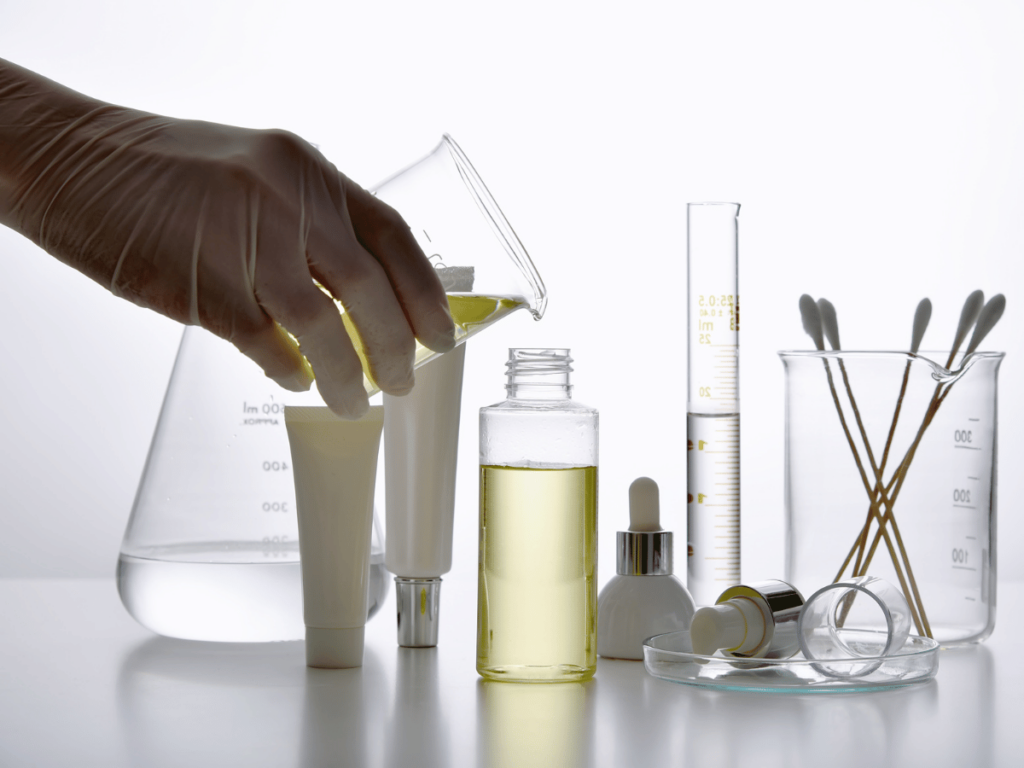
7. 4 Factors to Consider When Choosing a Skincare Formula
Here are four essential factors to consider when selecting a skincare formula. Each section delves into specific considerations crucial for ensuring the effectiveness and suitability of skincare products for different needs:
#1 Tailoring to Target Demographics
For businesses, understanding the target demographic is crucial in choosing the right skincare formula. This involves analyzing the specific needs, preferences, and skin concerns of the intended customer base. For instance, a brand focusing on millennials might prioritize trendy ingredients and eco-friendly packaging, while a brand targeting mature consumers might focus on anti-aging and nourishing formulas.
Recognizing the skin types, concerns, and aesthetic preferences of the target audience ensures that the chosen formulas meet their expectations and address their specific needs effectively.
#2 Formulation Efficacy and Ingredient Trends
The efficacy of a skincare formula, determined by its ingredient composition and concentration, is a primary concern for businesses.
At TY Cosmetic, we recognize that active ingredients should be backed by scientific research and should be present in concentrations that offer tangible benefits without risking irritation. For example, incorporating trending ingredients like niacinamide or bakuchiol can attract consumers looking for the latest in skincare innovation.
#3 Sensory Appeal and Consumer Experience
The texture, scent, and overall sensory appeal of a skincare formula significantly impact its market success, according to Special Chem. Products must not only perform well but also provide a pleasant user experience.
Lightweight, non-greasy textures might be preferred for daytime products, while richer, more luxurious textures could be more suitable for night creams. The sensory appeal can be a decisive factor in repeat purchases and customer loyalty.
#4 Brand Alignment and Market Positioning
The chosen skincare formulas should align with the brand’s overall identity and market positioning. Whether the brand is positioned as luxury, organic, clinical, or accessible, the product formulations should reflect this image. This alignment helps in building a cohesive brand narrative and ensuring consistency across product lines.
Aligning product choices with ethical standards and consumer values can enhance brand loyalty and appeal to a broader customer base.
Dive Deeper Into Our Resources
Interested in discovering more? Gain instant access to our diverse range of products:
If you’re in the mood for some insightful reads, we’ve curated a list of recommended articles just for you:
Skin Care Ingredients:
- 9 Remarkable Benefits of Ceramides for Radiant Skin
- 9 Incredible Benefits of Hyaluronic Acid
- The Ultimate Guide to Glycolic Acid Skin Care
- Unlocking the Hydrating Power of Glycerin in Skincare
- Discover the Skin Wonders of Vitamin B3
Natural Ingredients in Skin Care:
- Discover Snail Mucin: The Key to Flawless Skin
- Unlocking the Power of Licorice in Skincare
- Calendula Essentials: 5 Skin Benefits to Know
- The Ultimate Guide to Centella Asiatica Skincare
- Ginseng for Skin: 9 Surprising Benefits You Need to Know
Chemical Exfoliants and Acids:
Antioxidants and Skin Health:
- Unlocking the Power of Vitamin E in Skin Care
- Discover CoQ10: 9 Key Benefits for Ageless Skin
- The 7 Best Vitamin C Serum Manufacturers for Your Business
Moisturizing and Emollient Agents:
- Top 9 Witch Hazel Benefits for Radiant Skin
- Unlock 9 Skin Benefits with Squalane: The Ultimate Guide
- 9 Incredible Benefits of Dimethicone on Skin
Still haven’t found what you’re looking for? Don’t hesitate to contact us. We’re available around the clock to assist you.
Conclusion
Understanding skincare formulas is not just about the ingredients; it’s about how these components work synergistically to deliver results. As the beauty industry continues to evolve, staying informed and adaptable is key to creating products that resonate with users and stand the test of time.
For those looking to innovate or refine their skincare offerings, TY Cosmetic stands ready to assist. Our expertise in crafting bespoke skincare formulas can help elevate your brand to new heights. Contact us today!
